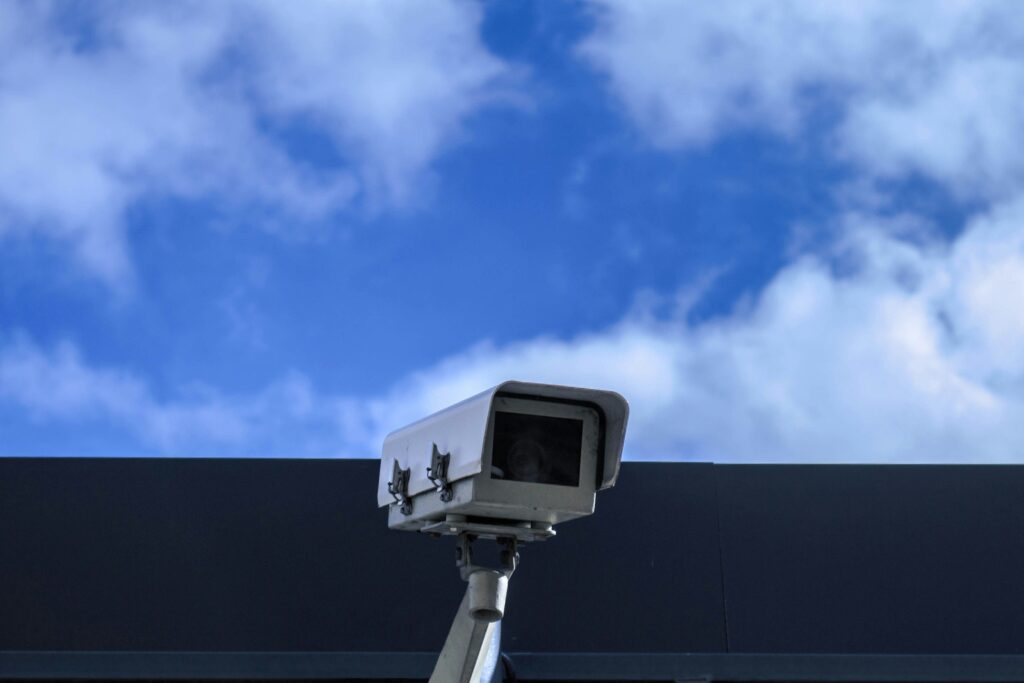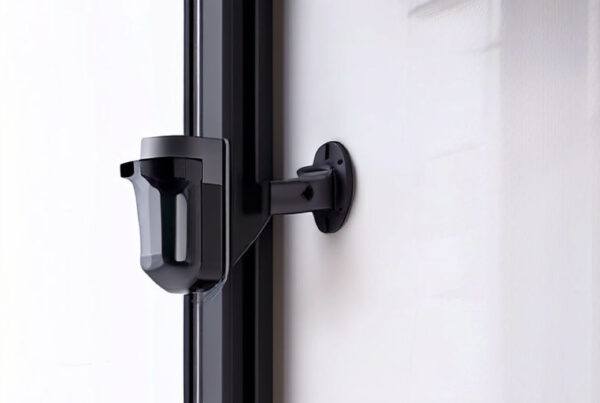In an era where safety is the number one concern, it is important to choose the right CCTV camera for your individual needs. If you are protecting your residence, surveying business premises, or improving public security, the right choice of a camera can mean all differences. In this guide, we will look through various aspects to consider when selecting the best CCTV camera for your needs.

1. Right CCTV Camera for Your Needs
Before going into the technicalities, take a step back and define what you want to achieve with surveillance. Look at these questions:
- What areas should be put under surveillance?
- Should I do indoor or outdoor surveillance?
- Which level of detail matters in those images?
- Is prevention of intruders the main task or catching some certain events on tape?
Understanding what you want from a surveillance perspective helps you restrict your options and pick cameras that suit your preferences.
2. Types Of CCTV Cameras
The many types of CCTV cameras are distinguished by their characteristic features and advantages. Below are some of the common ones:
- Dome Cameras: These are best for indoor surveillance as they offer a wide-angle view and are inconspicuous.
- Bullet Cameras: Outdoor weatherproof bullet cameras that are more suitable for long-range viewing ability.
- PTZ (Pan-Tilt-Zoom) Cameras: They can pan, tilt, and zoom hence they work better when monitoring large areas.
- IP cameras: They shoot video data through network protocol thus having high-resolution footage and additional features such as remote access and data analysis.
Consider the pros and cons of each type with respect to your surveillance objectives and setting.
Also read:- How many Types of CCTV Systems
3. Key Features To Look For
In evaluating CCTV cameras, the following key features should be taken into account;
- Resolution: Higher-resolution cameras will provide you with clearer images. Choose cameras with the right resolutions for your purposes in surveillance.
- Night Vision: Cameras that have infrared (IR) LEDs or low light sensors provide good footage even under low light or nighttime conditions.
- Weatherproofing: If going for outside surveillance, choose those with weatherproof ratings to withstand severe environmental conditions.
- Field of View: Considering the camera’s field of view, make sure it is able to cover the desired area properly.
- Remote Access: Smartphones, tablets, and computers allow somebody to watch videos captured by cameras having remote access capabilities from anywhere in the world either live or recorded.
4. Budget Considerations
Have a budget plan that is realistic for your CCTV security system and give priority on features needed based on your requisition. Though tempting to go for the most advanced cameras available, think about whether the additional functionalities warrant this extra cost specifically for you.
5. Installation and Maintenance
When selecting CCTV cameras, think of how easy it is to install them as well as maintain them over time. Wireless cameras may be easier to install but require regular changing batteries or charging. Wired cameras are more difficult to install than wireless ones although they provide a stable connection and no need for battery maintenance.
6. Scalability and Integration
In case there is likelihood of future extension or integration with other security systems chose CCTVs that are expandable and can support more devices or software. Make certain that these surveillance devices can work with existing infrastructure such that a single integrated security solution would be formed out of this.
FAQ:
Q: How many CCTV cameras do I need for my property?
A:Determine the optimal number of CCTV cameras needed by thoroughly assessing your property, considering factors such as its size, shape, vulnerable points, and surveillance goals. Identify key areas like entry points, parking lots, and high-traffic zones requiring monitoring to establish the appropriate camera quantity.
Q: Are wireless CCTV cameras suitable for outdoor use?
A: Even though some instances permit the installation of wireless CCTVs outside due to their easy setup, other factors such as signal distance may render them unreliable for outdoor use, not to mention interference from other sources or adverse weather conditions. When comparing wired and wireless cameras for critical outdoor surveillance applications, consider factors such as the strength of their signal during transmissions and their resilience to rain.
Q: What is the distinction between analog and IP CCTV cameras?
A: Analog CCTV cameras usually connect directly to a DVR via coaxial cables.IP CCTVs convert video signals into digital form and transmit them via Ethernet cables, enabling remote access and integration into existing network infrastructure. However, scaling IP cameras for higher resolution may necessitate additional network bandwidth and infrastructure.
Q: Can I do the installation of CCTV cameras myself or do I need professional installation?
A: However, it is advisable to have professional installers handle the setup of more complex or larger systems. Professional installers have the expertise in system design and configuration to ensure optimal performance. Additionally, they guarantee proper placement and installation of cameras and other components.

